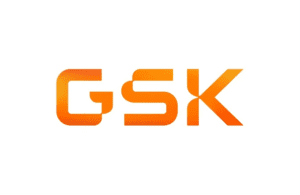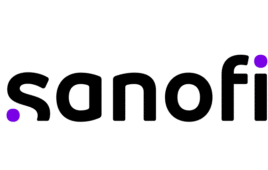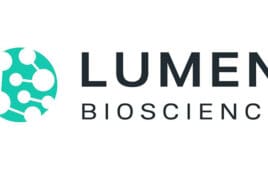 GSK (NYSE:GSK) announced that FDA has granted Orphan Drug Designation (ODD) to Benlysta (belimumab) for systemic sclerosis (SSc), a rare autoimmune disease that can affect multiple organs.
GSK (NYSE:GSK) announced that FDA has granted Orphan Drug Designation (ODD) to Benlysta (belimumab) for systemic sclerosis (SSc), a rare autoimmune disease that can affect multiple organs.
Interstitial lung disease (ILD) is the leading cause of death in SSc patients.
The monoclonal antibody Benlysta is a B-lymphocyte stimulator (BLyS) specific inhibitor that binds to soluble BLyS. A soluble ligand belonging to the TNF cytokine family, BLyS is elevated in patients with systemic autoimmune diseases such as systemic lupus erythematosus and lupus nephritis. Blocking BLyS decreases the number of abnormal B cells, supporting a reduction in the severity of autoimmune diseases.
GSK shares held steady after announcing the news and Q4 results, dipping 0.20% to $35.19 in mid-day trading.
The company intends to launch a Phase 2/3 study of belimumab for SSc-associated ILD in the first half of 2023.
Benlysta could address an unmet need in systemic sclerosis
With limited options for SSc-ILD, this orphan drug designation highlights the need for further research into belimumab’s potential to address an unmet need for SSc patients, GSK said. The company is committed to exploring how belimumab can help with B-cell-driven autoimmune diseases.
FDA’s orphan drug designation program is limited to potential new therapies for rare diseases affecting fewer than 200,000 people in the U.S.
FDA first approved Benlysta in 2011 for lupus. In 2019, the drug won an indication for intravenous use in children at least five years old with lupus. Belimumab has also won indications for adults and children with active lupus nephritis.
Last February, China’s National Medical Products Administration (NMPA) approved Benlysta for adults with active lupus nephritis (LN), a type of kidney disease affecting many lupus patients.
GSK announced upbeat financials
GSK also announced Q4 earnings that beat the Wall Street consensus, thanks partly to solid vaccine demand.
The company anticipates that operating profit, excluding some expenses, could increase by up to 12% in 2023. The guidance was also higher than what analysts had expected.
GSK’s CEO Emma Walmsley has sharpened the company’s focus on innovative drugs and vaccines while also working to reinvigorate its pipeline.
Filed Under: Immunology





Tell Us What You Think!
You must be logged in to post a comment.